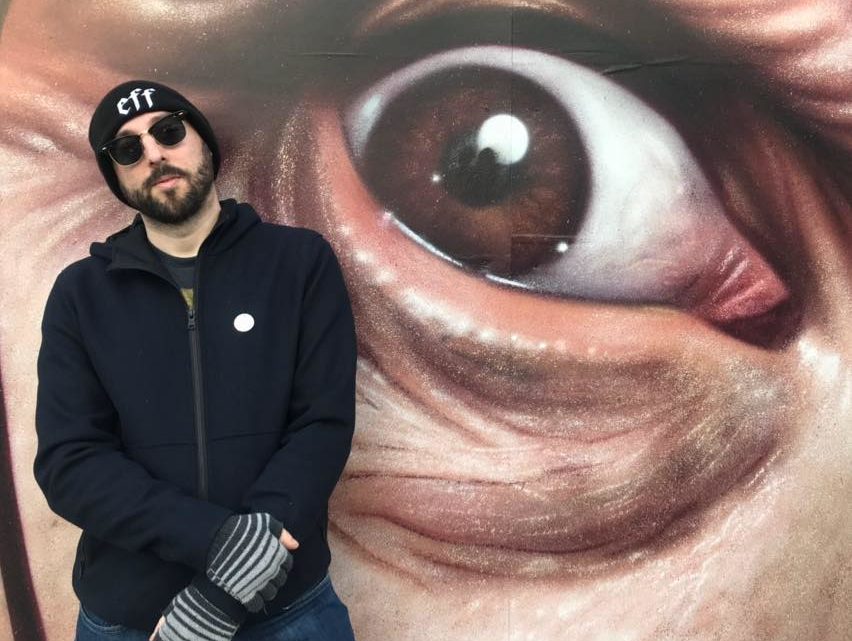Here a few of my favorite projects from the last few years at the Electronic Frontier Foundation.
AtlasofSurveillance.org
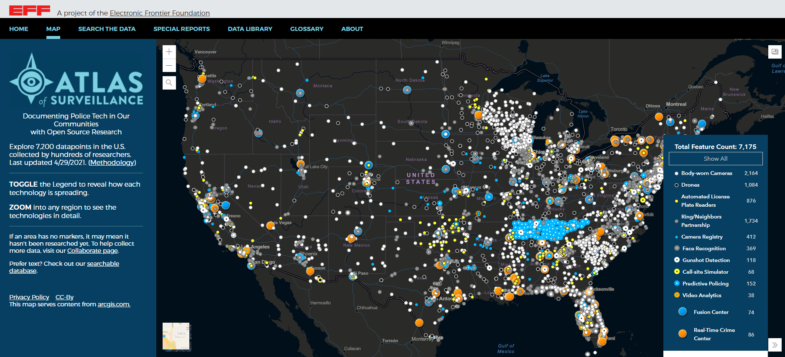
Winner of the James Madison Freedom of Information Award for Digital Access.
The Atlas of Surveillance is a massive mapping and data journalism project that aims to show what police departments are using which surveillance technologies, from drones to face recognition to real-time crime centers.
The project is a partnership between EFF and the Reynolds School of Journalism at the University of Nevada, Reno. To date, more than 600 students and volunteers have contributed research to the crowdsourced project.
Press coverage:
- WIRED: A New Map Shows the Inescapable Creep of Surveillance
- BUSINESS INSIDER: This interactive map shows you whether police departments near you are using facial recognition, drones, body cameras, and other surveillance tech
- EZDNET: EFF’s new database reveals what tech local police are using to spy on you
The Foilies: Recognizing the Year’s Worst in Government Transparency
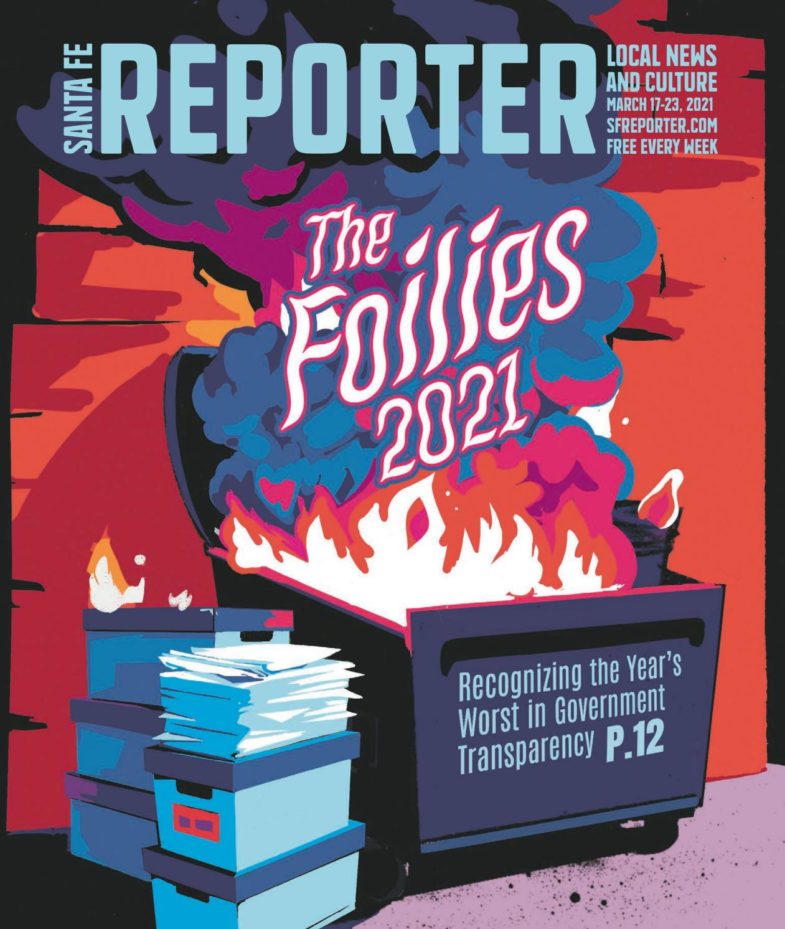
In 2015, I founded “The Foilies,” EFF’s annual tongue-in-cheek awards for public agencies and officials who violated Freedom of Information laws, ridiculously redacted documents, or otherwise stymied the public’s right to know what the government is doing in their name. Each year, I co-edit The Foilies, which is syndicated in alternative newspapers around the United States.
In its seventh year, The Foilies ran in more than 19 newspaper in more than 12 states, including Cleveland Scene, Orlando Weekly, DigBoston, Detroit Metro Times, and Charleston CityPaper.
Visit The Foilies archives 2015-2021.
Spot the Surveillance VR
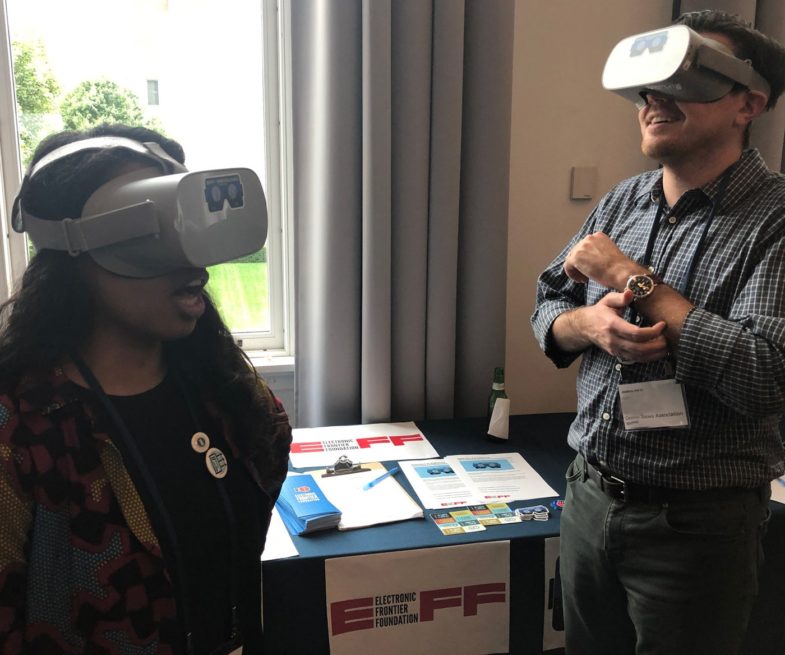
A 2018 Journalism 360 Challenge Winner
Spot the Surveillance is a virtual reality experience that trains users on how to spot common police technologies in an urban environment. Using 360 photography, this cross-platform, open-source project transports users to the Western Addition neighborhood of San Francisco, where a young Black resident is having an encounter with police. There are 7 types of surveillance that users must find and identify.
Press coverage:
- ENGADGET: The EFF’s VR experience helps users spot surveillance device
- VRFOCUS: EFF Unveils VR Tool To Spot Surveillance Devices
- MOZILLA INTERNET HEALTH REPORT: Spot the surveillance with virtual reality
Protest Surveillance
One of the most distressing uses of police surveillance is to monitor First Amendment activity, particularly those engaged in the civil rights movement. In 2020, this work took center stage in the media due to the George Floyd, Breonna Taylor and Black Lives Matter protests.
With my colleagues, we uncovered illegal surveillance of protesters in San Francisco, ultimately leading to a lawsuit and legislative action. I also recorded a training video (above) for legal observers attending protests and developed guidance for journalists covering protests.
Press coverage:
- REUTERS: Debate on surveillance and privacy heats up as U.S. protests rage
- CNBC: We don’t know how protests are being surveilled. Here’s why that’s a problem
- NPR Morning Edition: Police Body Cam Footage Is Being Used For Surveillance, Activists Say
Automated License Plate Readers
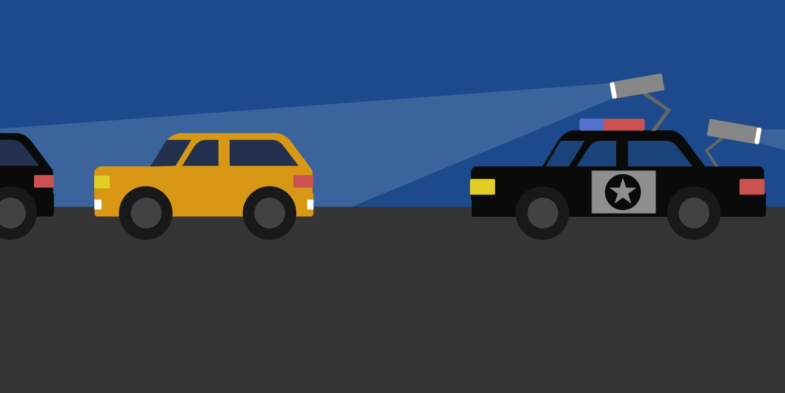
When I started at EFF, I had no idea that I’d become an expert in one obscure, but particularly odious police technology called “automated license plate readers” or ALPRs.
ALPRs are cameras that police use to document our driving patterns. They use license plates at tracking codes. Sometimes these cameras are attached fixed locations like traffic signals, other times police attach them to patrol cars in order to document whole neighborhoods.
I have filed public records requests with hundreds of agencies nationwide, and my work has been cited in countless news articles and research papers. I have testified numerous times on this technology before the California legislature and my research has been cited in court briefs, all the way up to the U.S. Supreme Court.
Research highlights:
- What You Can Learn from Oakland’s Raw ALPR Data
- Data Driven: Explore How Cops Are Collecting and Sharing Our Travel Patterns Using Automated License Plate Readers
- Data Driven 2: California Dragnet—New Data Set Shows Scale of Vehicle Surveillance in the Golden State
- Sacramento County Welfare Division Terminates Automated License Plate Reader Program
Press coverage:
- MOTHERBOARD: License Plate Surveillance Company Attacks Nonprofits For Filing FOIA Requests
- SLATE: How ICE May Be Able to Access License Plate Data from Sanctuary Cities and Use It for Arrests
- THE GUARDIAN: California legislation targets police use of license plate readers
Dragon Con – Electronic Frontiers Forums
Inside the world-famous fandom convention, Dragon Con, there is a track that focuses specifically on EFF’s range of issues. For more than 5 years, I participated in panels at Dragon Con and engineered innovative tabling experiences.
Project Secret Identity: A photo booth for cosplayers to defend the need for online anonymity.
TARDIS Congressional Callbox: A full-sized TARDIS replica, where instead of calling the Doctor, attendees could use a phone to leave a pro-net neutrality message for their members of Congress.
Giant Diceware Passwords: We designed a system for attendees to create strong passwords using giant, inflatable 20-sided dice and words lists inspired by Star Trek, Star Wars, Harry Potter, and Game of Thrones.
Press coverage:

